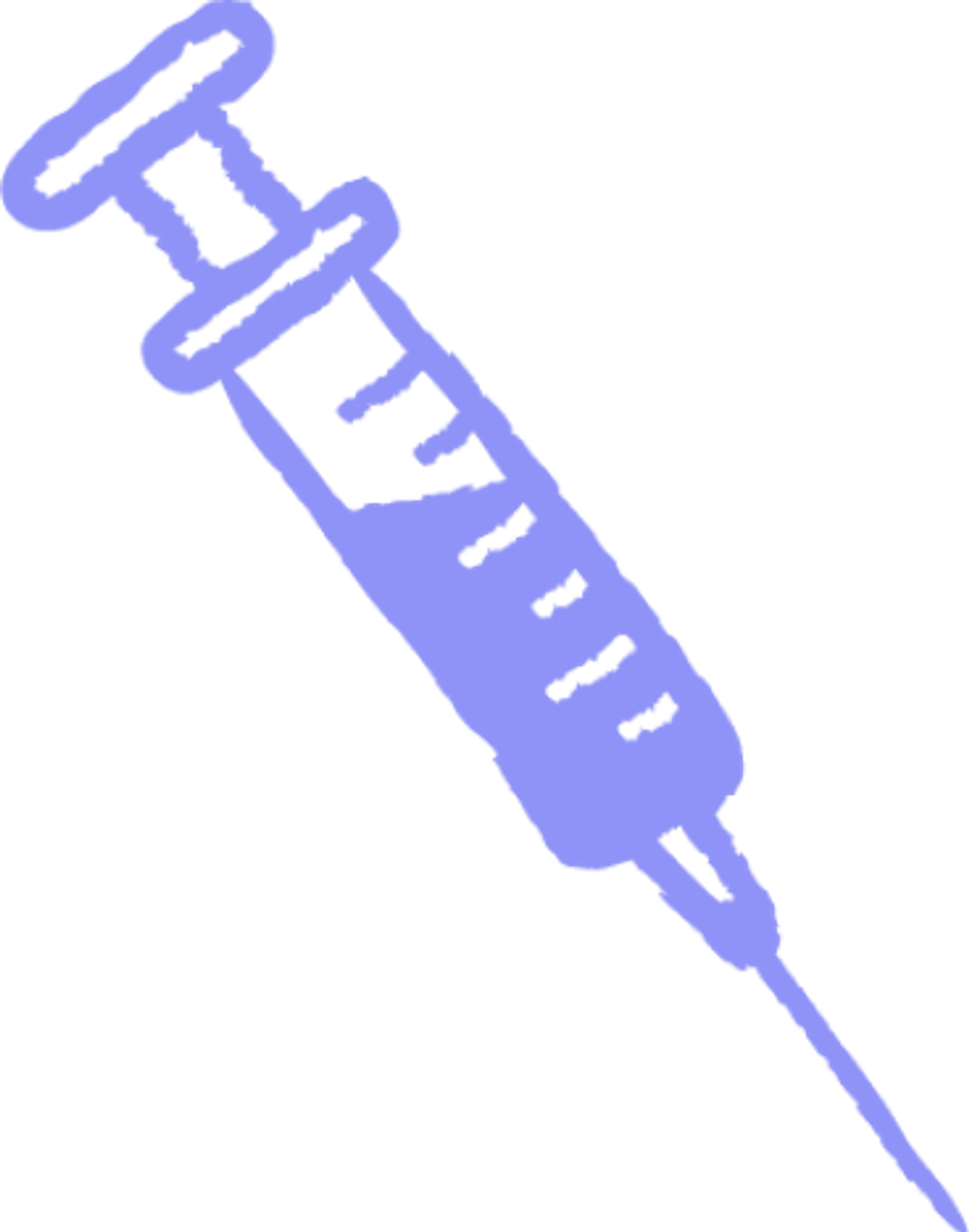Plasma 101
Who: Eligible donors between 18 and 63 can earn up to $560 a month in NY and up to $770 a month in FL.
What: Plasma is the yellow part of your blood that replenishes naturally.
Where: Queens, Brooklyn, The Bronx (NY), and Ft. Pierce (FL).
Why: Get paid to donate and help treat bleeding disorders, immune deficiencies, and more.
When: No appointment needed—walk in anytime before closing.
Plasma Proteins: The Unsung Heroes of Our Bodies

Plasma plays a vital role in the whole blood. It acts as a vessel that carries important agents around the body to conduct essential activities. Plasma contains water, salts, enzymes, hormones, and other important nutrients. Some of the important nutrients plasma carries around the body are specific proteins. In this article, Olgam Life takes a closer look at these proteins and their function in the plasma and in the body.
What are Plasma Proteins?
All plasma proteins are synthesized by the liver. General body cells, the spleen, bone marrow, and degenerating blood cells all contribute to the production of all plasma proteins apart from gamma globulins, which come from B lymphocytes.
They have numerous, wide-ranging functions, including transporting important agents like hormones and vitamins to areas of the body where they are needed. Plasma proteins also play key roles in blood clotting and assist the immune system in fighting infections. There are several different types of proteins that are found together in plasma.
Protein | Function |
Albumin | Accounting for 55% of all plasma proteins, albumin is responsible for maintaining oncotic pressure, or colloid osmotic pressure (at approximately 25 mmHg), which prevents fluid from leaking through the walls of blood vessels. Albumin also carries other substances like vitamins and hormones throughout the body via the plasma. |
Globulins | About 38% of plasma protein is made of globulins. There are three different types of globulins: alpha, beta, and gamma globulins. Alpha and beta: transport fat-soluble vitamins, lipids, and ions throughout the body via the plasma. Gamma: are immunoglobins, or antibodies, that act as part of the body’s immune system and help it fight infections. |
Fibrinogen | Accounting for about 7% of the overall plasma protein makeup, Fibrinogens are clotting factors that help to stop blood loss from wounds. Fibrinogen is converted to fibrin which is capable of forming clots and preventing blood from leaving the body through open wounds. |
Other proteins | A very small percentage of the plasma protein comprises other types, including hormones and proenzymes, such as α-1-antitrypsin, which neutralizes digestive trypsin. |
Though hemoglobin is an essential blood protein, it is carried in red blood cells rather than in plasma and therefore isn’t a plasma protein.

The Role of Plasma Proteins in the Body
Plasma proteins are responsible for some key activities in the body. Without them, we wouldn’t survive. Living a healthy, capable life would be very difficult without the right levels of health plasma protein. Conditions like autoimmune disorders, hemophilia, and liver disease can be managed and treated with plasma donations, where essential plasma proteins are introduced to the bodies of individuals who can’t produce them naturally.
Some of the key roles plasma proteins play are:
Transporting agents around the body: albumin is the key protein here, moving agents like hormones, lipids, medicines, and ions around the body to organs and other areas where they’re needed to function.
Maintaining blood pressure: as the most prevalent protein, albumin is also responsible for maintaining oncotic pressure in the blood. This works by ensuring that no blood leaks through blood vessels and other tissues and helps maintain blood volume and pressure to allow other functions to occur.
Fightin infection and immunity: gamma globulins are the key proteins here. Also called immunoglobins or antibodies, gamma globulins are responsible for humoral immune function in the body. They recognize pathogens and neutralize them to protect the body from infection and disease.
Blood clotting: fibrinogen is the plasma protein tasked with clotting blood to prevent blood loss when an injury breaks the skin. This essential activity protects the body by stopping blood loss and helping to create a protective barrier to outside exposure. Fibrinogen converts to fibrin, a thread-like protein that traps platelets and forms stable blood clots by coagulation.
pH regulation: plasma proteins maintain the blood’s slightly alkaline pH of around 7.35 to 7.45, which is necessary for normal bodily functions. Plasma proteins do this by binding to excess hydrogen ions in the blood.
Plasma proteins have numerous other minor but essential roles in the body, including aiding the function of hormones by acting as precursors or binding to them, breaking down into macrophages to supply amino acids, acting as carriers for small molecules, and facilitating enzymatic and metabolic reactions.

The Importance of Maintaining Plasma Protein Levels
It’s clear that, without healthy levels of plasma protein, we wouldn’t be able to live the lives so many of us can, which is why, if someone can’t produce their own plasma protein properly, they need help from plasma-based therapies.
Donors can donate plasma twice a week with a break of at least 24 hours between sessions. This means that many people find plasma donation a great source of extra income, especially if they donate to a center like Olgam Life, which offers instant cash payments after each donation.
But regular plasma donation means that your body depletes essential nutrients and hydration. To ensure you stay in top condition and are capable of producing good quality plasma rich in plasma proteins, there are some things you should and shouldn’t do before donating.
We always recommend that our donors follow a healthy balanced diet. But a few high-protein meals in the days leading up to and following a donation will ensure you’re in the best form when your donation comes around. High protein meals will replenish the body’s protein stores to assist your body in synthesizing new plasma proteins when yours are removed during donation.
Combining healthy meals with adequate hydration is also important, as this prevents dehydration after a donation and supports plasma protein’s tasks of maintaining fluid balance in the body.
Doing both of these self-care activities will reduce the side effects of donating plasma, like low energy and fatigue, and ensure you recover quickly and can donate again as soon as you want to.
Following these recommendations is vital to ensure your whole blood is healthy, not just plasma or plasma proteins. A hematocrit level test is one of the tests we perform to determine whether you’re eligible to donate plasma. This checks the level of red blood cells in your whole blood and ensures you have safe levels for us to remove some of your whole blood while we separate the plasma before returning it to your system.
Look at our blog for more useful information to help you prepare for donation or understand how it works. If you’re ready to be a part of something amazing, find our nearest donor center.
















